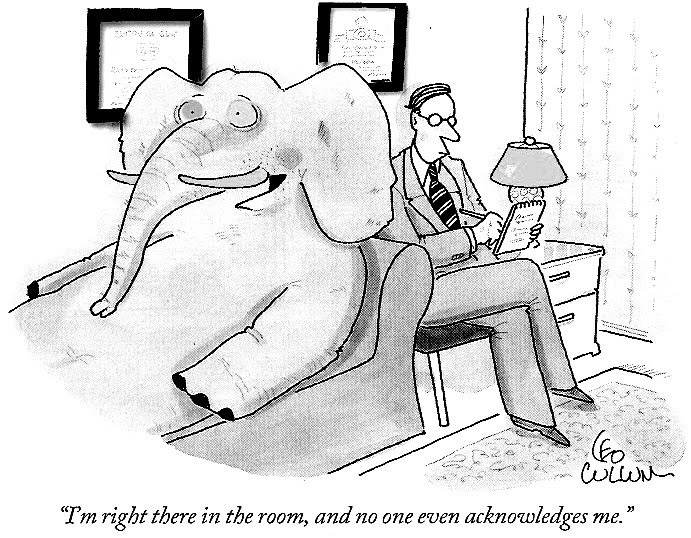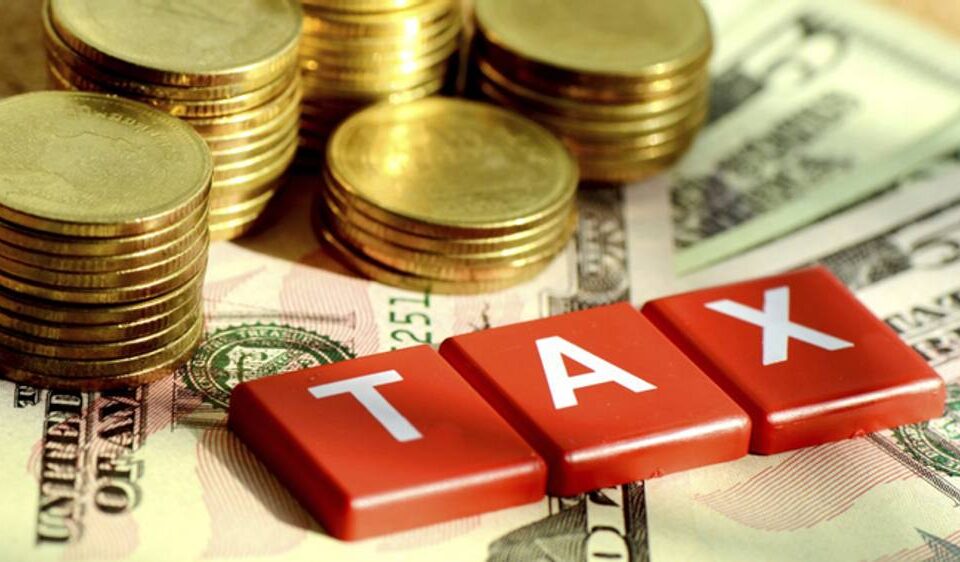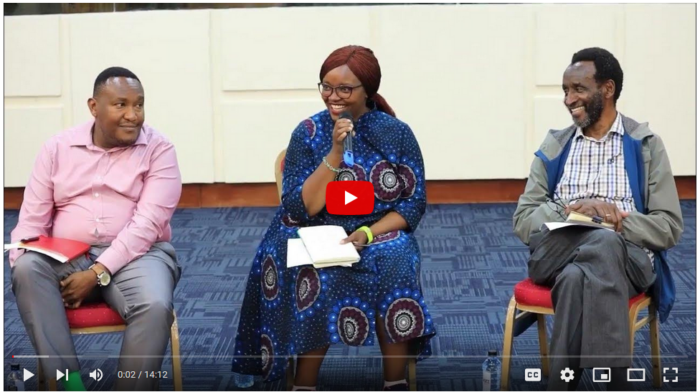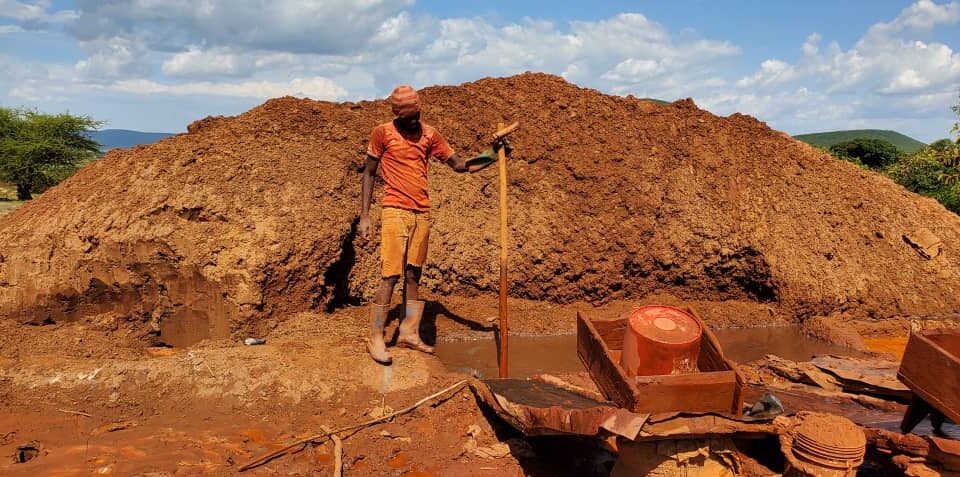The elephant in the room

Who wants to be called poor?
October 16, 2015
“I participate. You participate. They decide”.
November 6, 2015There’s a lot of talk these days about leaving no-one behind. In development circles it has become a mantra for making sure that everyone benefits from the ambitious agenda the world adopted last month to advance human progress between now and 2030. Every day I read of specific groups who shouldn’t be left behind: people affected by conflict, pandemics, climate disasters, disability…. the list could go on and on.
Don’t get me wrong – I’m all for including these groups and firmly believe we need to pay more attention to each one of them. That’s what my job is about. I am just amazed that we don’t seem to take any special notice of one group that is consistently left behind and that represents no less than half of humanity: women and girls.
You probably heard the statistics. Two thirds of the world’s illiterate are female. Women and girls represent almost 75 percent of all trafficking victims. Not one of the 195 countries and territories in the world has yet achieved full gender equality. None. Zero. What strikes me, though, is that in development and climate change discussions gender inequalities are still treated as a particular issue concerning a specific group of people, when in fact they are the elephant in the room: bigger than we are willing to admit.
The data seem to point in this direction. Last year the Overseas Development Institute (ODI), a UK think tank, looked at whether there were any gender differences in the most inclusive global development consultation ever, My World 2015. My World has so far asked eight million people – more than one in a thousand on the planet – to select six issues that matter most to them and their families. Anything from political freedoms to affordable food to better transport and roads to gender equality. Results are updated every night and available to anyone here.
ODI found out that there were very few differences based on gender in the development priorities selected by people, particularly from lower income countries. As an issue, gender equality ranked among the top priorities, particularly for women at the extreme opposites of the development spectrum: those living in more advanced economies and those from the least developed.
What’s also interesting is that in the more gender-unequal countries women with little or no education considered gender equality less important, something which suggests that they might be more willing to tolerate the status quo. So, while on the one hand many of these women demanded to address gender equality, on the other hand they seemed to be willing to accept fewer opportunities and rights. This is an apparent paradox that we need to understand better.
Gender equality is not just about big numbers and it is surely not about setting one half of humanity against the other. When we look deeper into the impact of gender inequality we find out that everybody suffers from it to varying degrees – men as well as women, families, communities, entire countries and their societies. Men too can find themselves trapped in gender stereotypes, unable to be what they could for fear of not conforming to a supposedly successful male model. It is the reason why we have campaigns like the UN HeforShe, which targets powerful men in politics, business, academia and other sectors to ask them to champion gender equality. The core message of HeforShe actually goes beyond women’s empowerment. It argues that men and women can express their full selves only when they help each other instead of entrenching in a polarised debate, and existence. Through a mix of awareness, advocacy and action not only can men support women’s aspirations; they can also start questioning traditional role models that pressurise them to always be competitive or aggressive or anything else they may not want to be.
Ultimately, it is not a question of “he” or “she”. It’s the “we” that counts.





1 Comment
Thanks, Farida, for another thought-provoking post. I agree that gender equality is too often sidelined as a ‘cross-cutting issue’ and consequently not specifically addressed in development planning and action. As you highlighted in this post, it is important to directly address gender equality – for both women and men – to empower people and communities to develop their full potential.